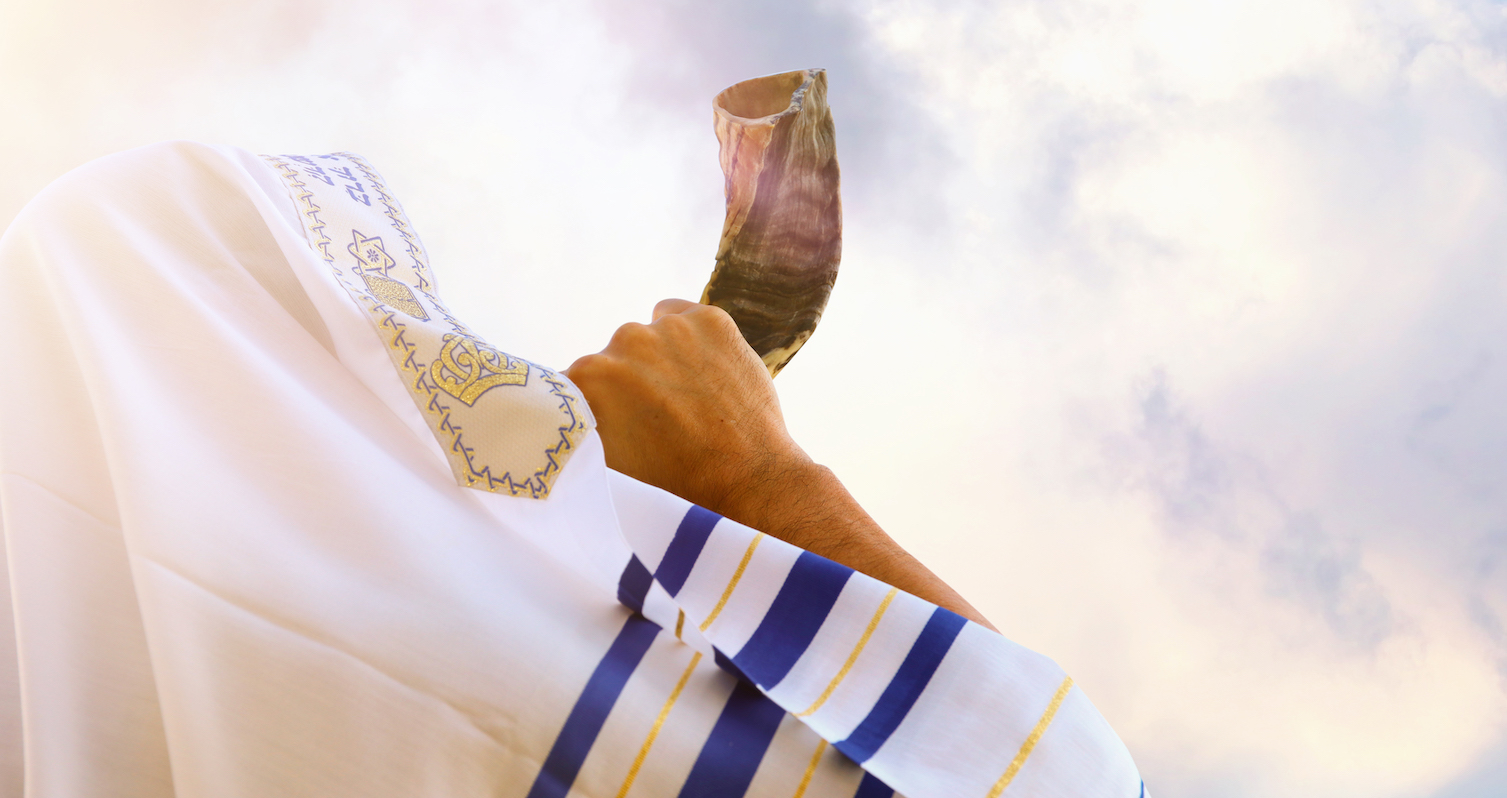It’s easy to mistake Yom Kippur for a somber occasion. Many of the traditions observed on Yom Kippur — abstaining from eating, drinking, and marital relations, or swapping out leather shoes for sneakers or Crocs — are also prohibited on Tisha B’Av, the saddest day of the Jewish calendar, and other days of communal mourning. Unlike many Jewish holidays, it isn’t exactly commonplace to wish your loved ones a “happy Yom Kippur.”
But Jewish texts don’t see the Day of Atonement as a sad day at all. In fact, Yom Kippur is described as one of the two happiest days of the year, rivaling only Tu B’Av, the Jewish celebration of love (Mishnah Taanit 4:8).
The main reason for this is connected to the overarching theme of Yom Kippur: repentance. The central prayers of the day — the haunting Kol Nidre, the confessional Viddui (recited while gently striking the heart), and Unetaneh Tokef among them — push us to acknowledge and atone for our transgressions, and carry a serious and somber tone. But it is precisely the promise of forgiveness that makes the day one of joy.
“Yom Kippur is a day of joy, because it is a day of pardon and forgiveness, and moreover, it is the day on which the last pair of tablets were given,” the Talmud teaches in Bava Batra 121a. (The Talmud also understands Yom Kippur to be the day that God presented the Israelites with the second set of tablets after Moses shattered the first.) According to the Midrash, the day is also one of joy for God, who gave Yom Kippur to the Jewish people with “great love and joy.” The Midrash continues, saying that God exclaims to the mountains: “Celebrate with Me! Let all rejoice, for I am forgiving Israel’s sins!” (Seder Eliyahu Rabbah). Maimonides described the day as the “climax of forgiveness.”
With regard to what is perhaps the best-known custom associated with Yom Kippur — fasting — the Talmud (Shabbat 119a) teaches that fasting is required as a way to honor God, rather than as an expression of grief. The festive meal traditionally eaten before Yom Kippur begins is further proof of this, according to Yona of Girona, a 12th-century Spanish sage, who wrote: “On all holidays we have a meal to express joy in the performance of the mitzvah of Yom Kippur, but since we must fast on Yom Kippur, we are obligated to have a meal on Erev Yom Kippur in order to express our joy.” (Shaarei Teshuvah 4:9)
Even though it’s easy to assume that abstaining from many of the things that typically bring us joy is meant to invoke misery, Jewish tradition suggests otherwise. The many prohibitions on the Day of Atonement allow us to disconnect from the material world and focus on repair and repentance for our sins. While owning up to our spiritual wrongdoings can feel daunting, there is great joy to be found in knowing that God sees the opportunity to forgive as nothing short of a celebration.
The post Why Yom Kippur Is a Joyous Holiday appeared first on My Jewish Learning.




